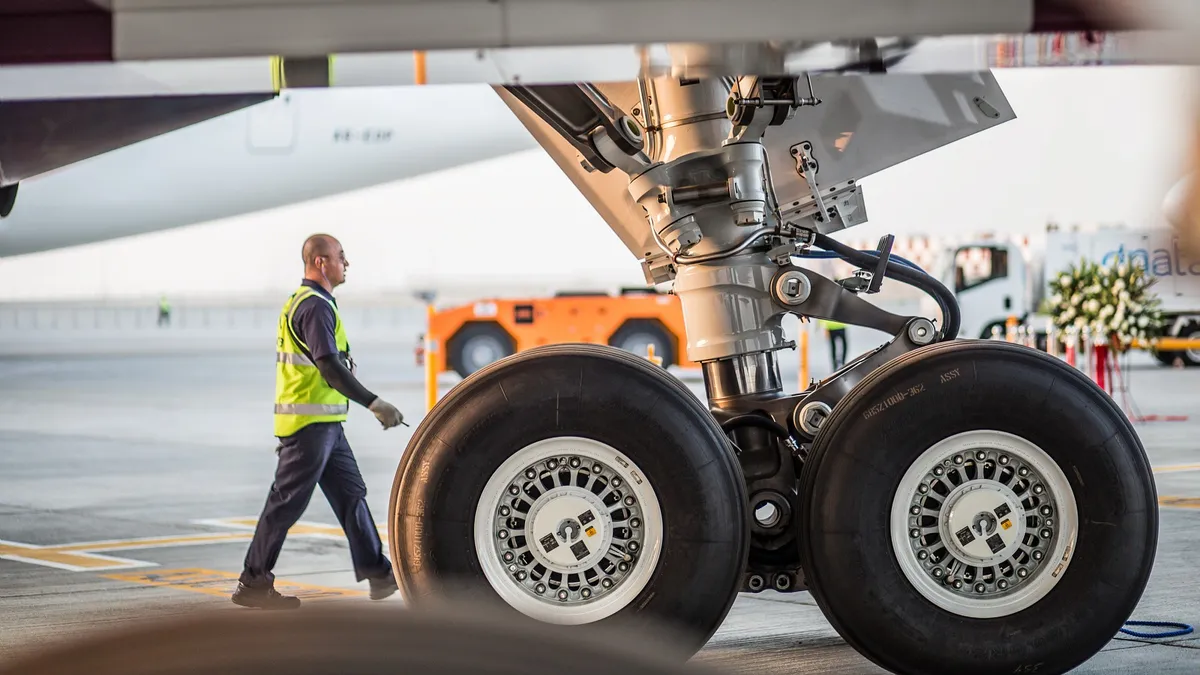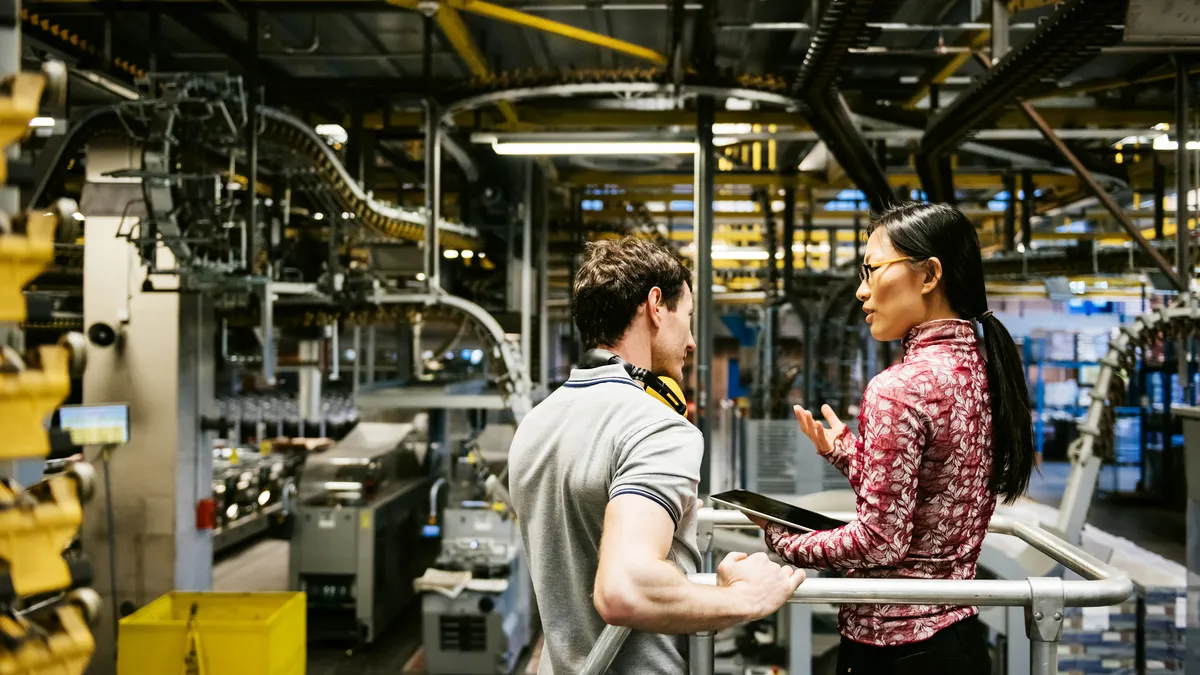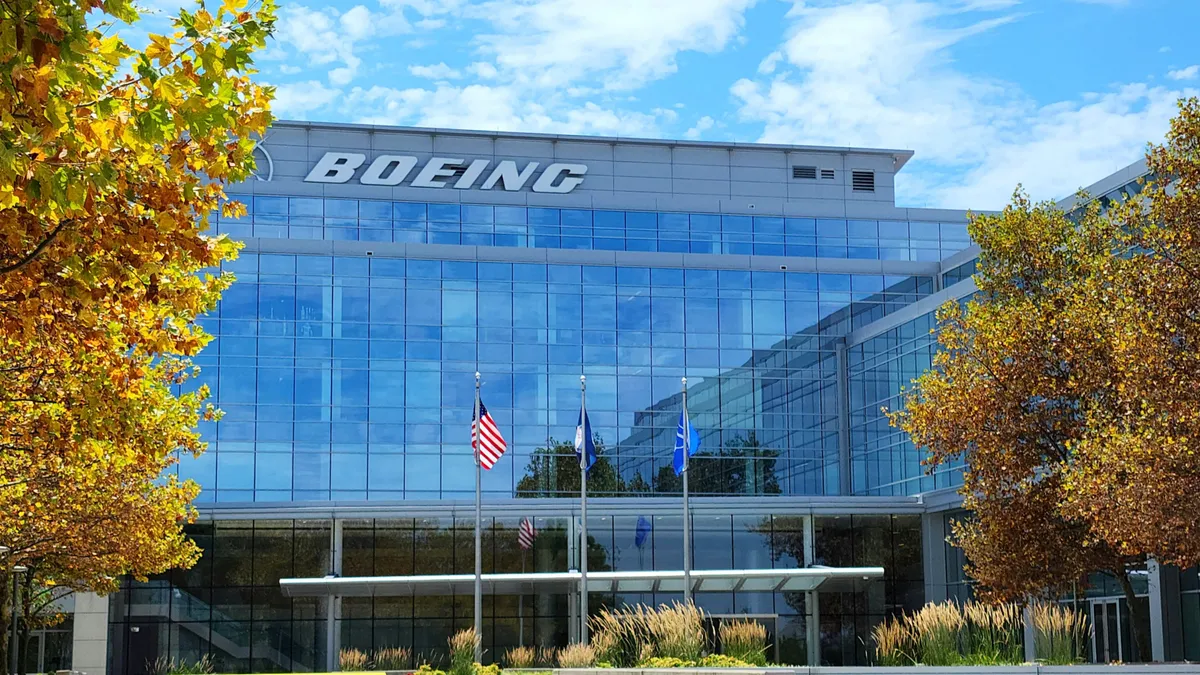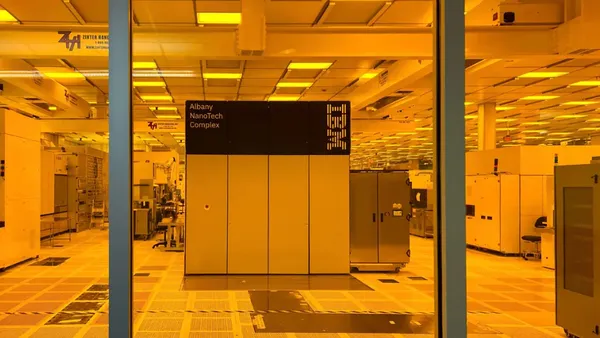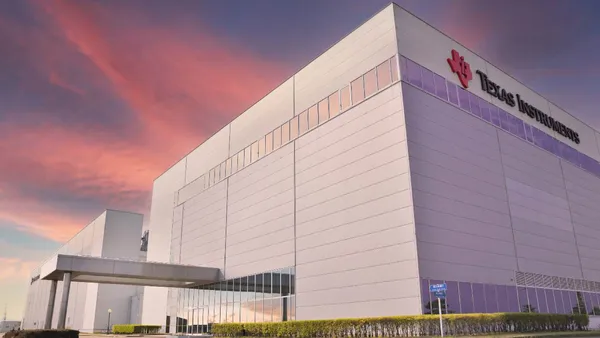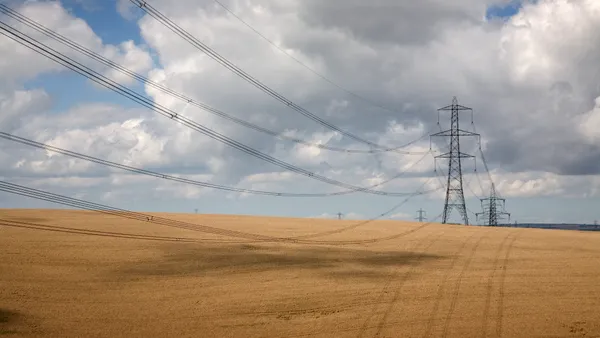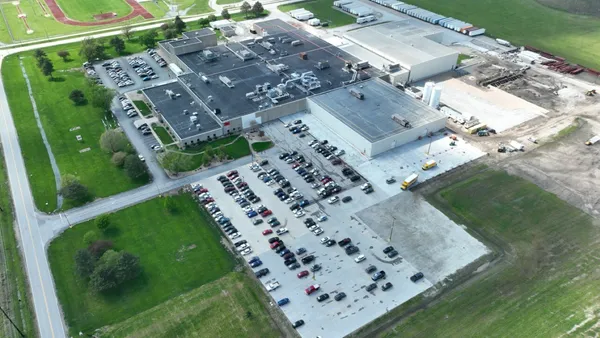Boeing supplier Safran Landing Systems is investing $65 million to upgrade its manufacturing facility in Walton, Kentucky.
The facility in Walton produces and refurbishes carbon composite brake disks and makes aluminum alloy wheels and brakes for large commercial and military aircraft, including Boeing, according to a state release.
“This new investment will allow us to bolster our manufacturing capabilities with the addition of new equipment and strengthen our workforce to meet increased production volumes as we support our U.S. military and commercial customers,” Safran Landing Systems Kentucky CEO and General Manager Philippe Garnier said in a statement.
The investment will help Safran Landing Systems meet rising demand for its carbon composite brakes since airline traffic has returned to pre-pandemic levels, according to the release. The investment by the subsidiary of France-based Safran Group will add 92 jobs, including engineer, quality and supply chain professionals, Garnier told Manufacturing Dive in an email.
“We had limited hiring over the past few years so we need to continue what we put in pause in 2020,” Garnier said. “We’re currently hiring as we’re facing a steep ramp-up in production.”
The Walton facility is one of Safran’s three carbon brake production plants in the world, with two other facilities in Villeurbanne, France, and Sendayan, Malaysia. The company had planned to build a fourth carbon production facility in Feyzin, France, but postponed construction by up to two years due to rising energy prices, Aviation Week initially reported in November.
“Initially, the plant was to be commissioned in 2025,” Garnier said. “However, due to the COVID-19 pandemic and its impact on air traffic, its entry into service was postponed until 2030.”
The postponement hasn’t stopped Safran Landing Systems from supplying its carbon brakes to aviation companies. In December, the company partnered with American Airlines to upgrade 300 of its Boeing 737NG aircraft steel brakes to carbon.
To help meet these customer agreements, the Feyzin plant will be entirely built to optimize logistics and flows to increase efficiency, Garnier added. The site will also integrate new uses of automation and robotics, making the factory 30% more productive than the company’s other sites, Garnier said.



